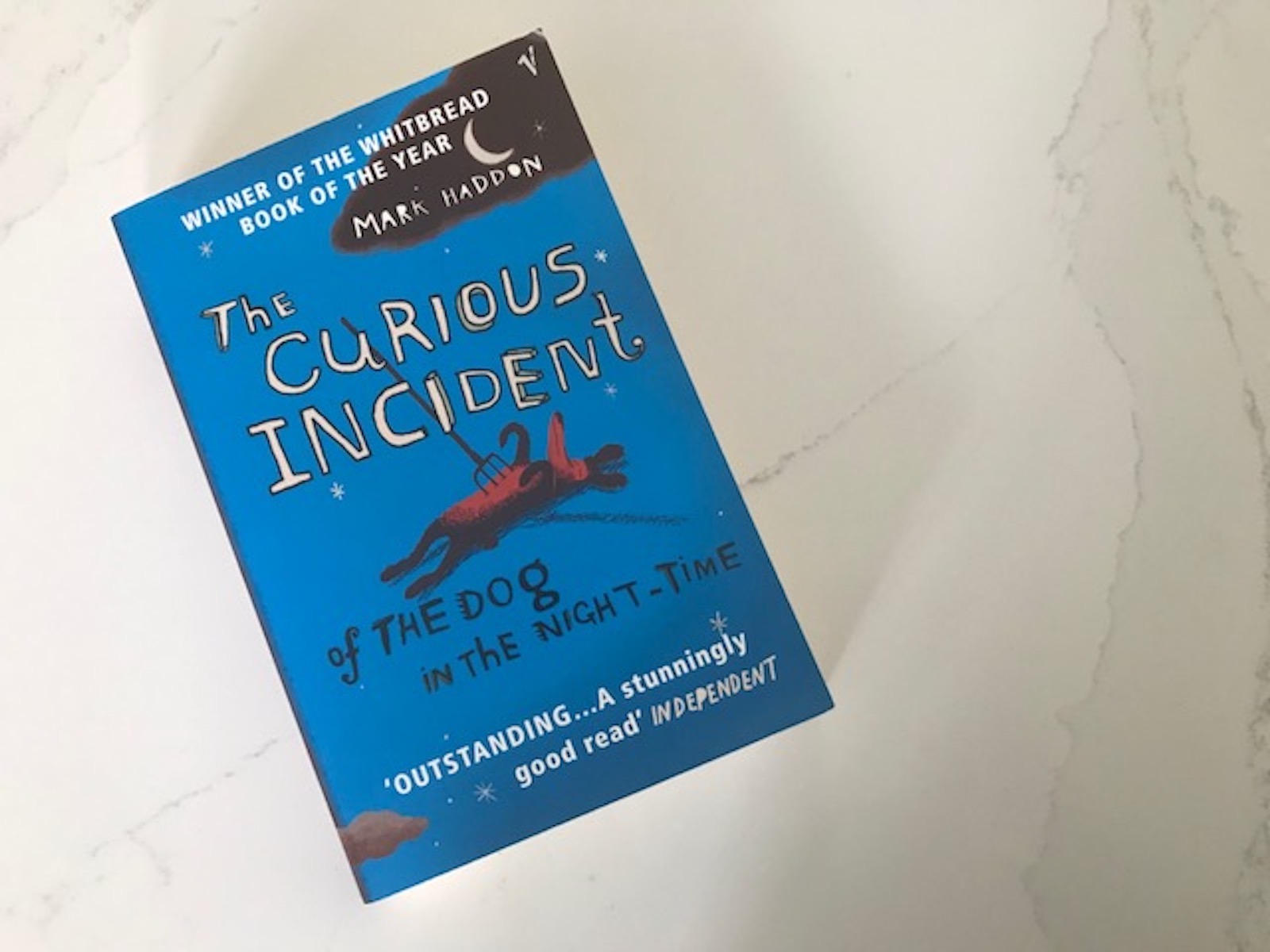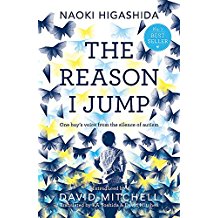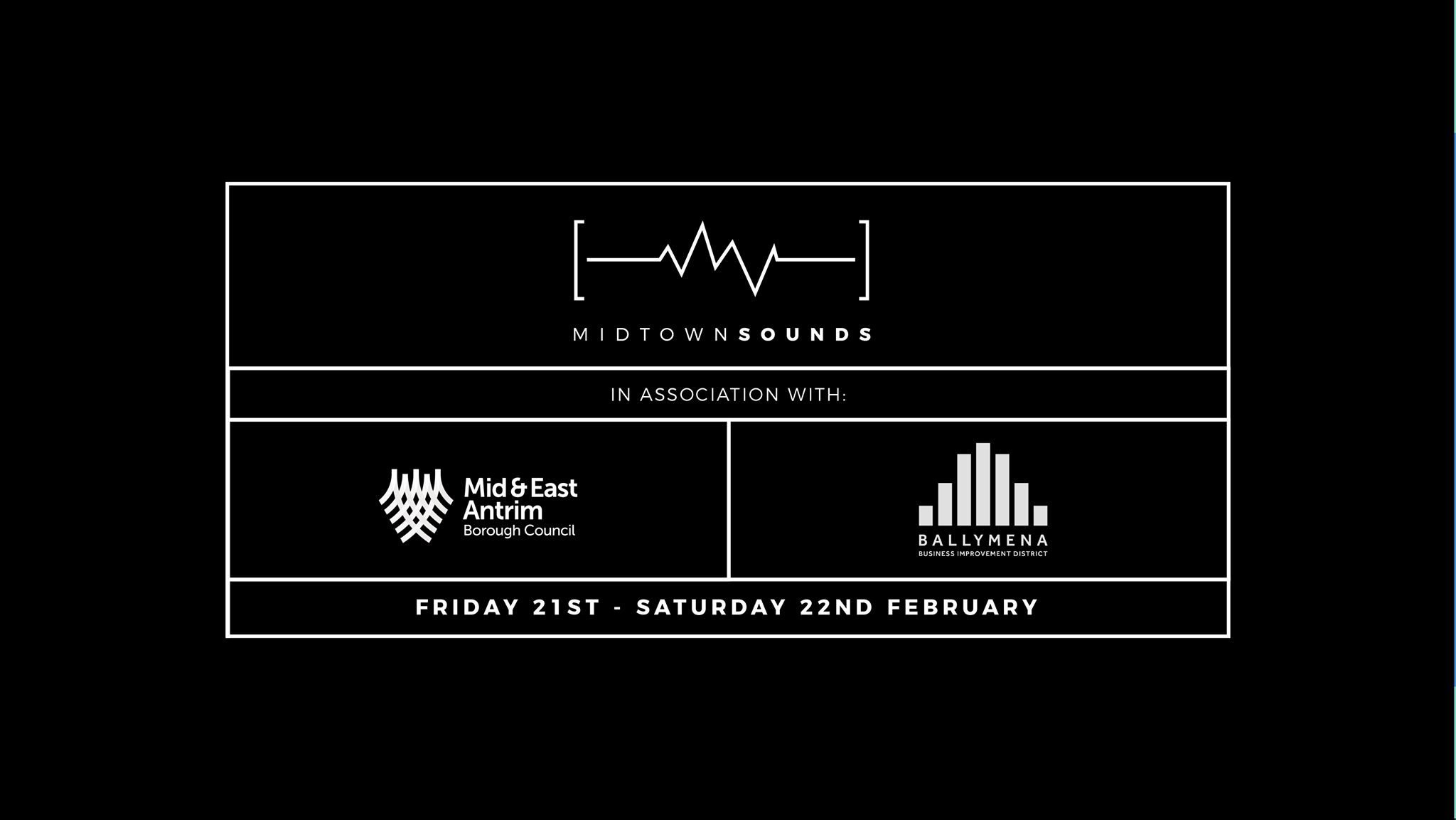This month we have been reading The Curious Incident of the Dog in the Night-time, and thus, have been blogging about autism and local autism friendly events. We hope that you have been reading along with us and now is the time to get our friends together and have a good chat about the book.
This book is pretty unique and when I finished it I realised that it was unlike anything I had ever read before. A simple event on Christophers street sparks a strange interest within him and he is compelled to investigate further. As a reader we know that Christopher has some problems – the author himself says that “Curious Incident is not a book about Asperger’s… if anything it’s a novel about difference, about being an outsider, about seeing the world in a surprising and revealing way. The book is not specifically about any specific disorder,” and that he, Haddon, is not an expert on autism spectrum disorder or Asperger syndrome. With this is mind we found it a challenging and interesting read.

Ballymena Today Bookclub – Curious Incident of the Dog in the Night-time
Here are ten questions which we think will start off your discussion:
1. On pages 45–48, Christopher describes his “Behavioral Problems” and the effect they had on his parents and their marriage. What is the effect of the dispassionate style in which he relates this information?
2. Given Christopher’s aversion to being touched, can he experience his parents’ love for him, or can he only understand it as a fact, because they tell him they love him? Is there any evidence in the novel that he experiences a sense of attachment to other people?
3. One of the unusual aspects of the novel is its inclusion of many maps and diagrams. How effective are these in helping the reader see the world through Christopher’s eyes?
4. What challenges does The Curious Incident present to the ways we usually think and talk about characters in novels? How does it force us to reexamine our normal ideas about love and desire, which are often the driving forces in fiction? Since Mark Haddon has chosen to make us see the world through Christopher’s eyes, what does he help us discover about ourselves?
5. Christopher likes the idea of a world with no people in it [p. 2]; he contemplates the end of the world when the universe collapses [pp. 10–11]; he dreams of being an astronaut, alone in space [pp. 50–51], and that a virus has carried off everyone and the only people left are “special people like me” [pp. 198–200]. What do these passages say about his relationship to other human beings? What is striking about the way he describes these scenarios?
6. On pages 67–69, Christopher goes into the garden and contemplates the importance of description in the book he is writing. His teacher Siobhan told him “the idea of a book was to describe things using words so that people could read them and make a picture in their own head” [p. 67]. What is the effect of reading Christopher’s extended description, which begins, “I decided to do a description of the garden” and ends “Then I went inside and fed Toby”? How does this passage relate to a quote Christopher likes from The Hound of the Baskervilles: “The world is full of obvious things which nobody by chance ever observes” [p. 73]?
7. According to neurologist Oliver Sacks, Hans Asperger, the doctor whose name is associated with the kind of autism that Christopher seems to have, notes that some autistic people have “a sort of intelligence scarcely touched by tradition and culture — unconventional, unorthodox, strangely pure and original, akin to the intelligence of true creativity” [An Anthropologist on Mars by Oliver Sacks, NY: Vintage Books, 1995, pp. 252–53]. Does the novel’s intensive look at Christopher’s fascinating and often profound mental life suggest that in certain ways, the pity that well-meaning, “normal” people might feel for him is misdirected? Given his gifts, does his future look promising?
8. Christopher experiences the world quantitatively and logically. His teacher Mr. Jeavons tells him that he likes math because it’s safe. But Christopher’s explanation of the Monty Hall problem gives the reader more insight into why he likes math. Does Mr. Jeavons underestimate the complexity of Christopher’s mind and his responses to intellectual stimulation? Does Siobhan understand Christopher better than Mr. Jeavons?
9. Think about what Christopher says about metaphors and lies and their relationship to novels [pp. 14–20]. Why is lying such an alien concept to him? In his antipathy to lies, Christopher decides not to write a novel, but a book in which “everything I have written . . . is true” [p. 20]. Why do “normal” human beings in the novel, like Christopher’s parents, find lies so indispensable? Why is the idea of truth so central to Christopher’s narration?
10. Which scenes are comical in this novel, and why are they funny? Are these same situations also sad, or exasperating?

For more questions to discuss about The Curious Incident of the Dog in the Night-time please click here.If you woudl like to read more around the topic of Autism and Asperger syndrome we also recommend The Reason I Jump: one boy’s voice from the silence of autism by Naoki Higashida and David Mitchell.





